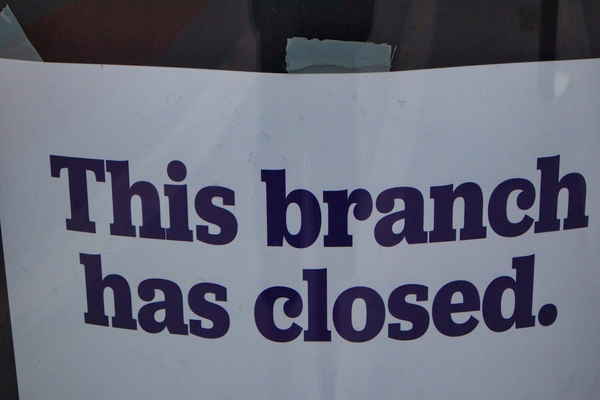Open everything: the future of open data

Jamie Beckland at APIContext describes how open data will transform much of industry beyond financial services
We know that the internet drives openness of all types, from open-source software, to crowdsourcing, to social media, to the blockchain’s transparent transaction histories. The next frontier is “open data,” which relies on standards-based APIs to enable entire industries to drive innovation and reshape markets.
The most recent example of the open internet is open banking, which has revolutionised the financial services industry in the UK over the past five years. Banks are now mandated to share customer data with third-party providers. This has led to an explosion of new financial products and services, from personalised budgeting tools like Emma to innovative lending platforms like Avant.
These developments have not only enhanced the customer experience but have also intensified competition within the financial sector, forcing incumbents to innovate or risk obsolescence.
As we stand on the brink of a new era where data is increasingly shared and integrated, the lessons from open banking are clear: open data has the potential to reshape industries, spark innovation, and drive significant economic and social change.
However, with this potential comes disruption, and the winners will be those who adapt quickly and embrace the possibilities that open data offers.
From open banking to open data: a blueprint for the future
The principles that underpin open banking—transparency, interoperability, and customer empowerment—are equally applicable to other industries. As data becomes more widely available, similar transformations will occur across sectors, including healthcare, automotive, and government services.
Interoperability and innovation
The primary goal of open data initiatives like FHIR (healthcare), Open API (telecom), and FAPI (banking) is to promote interoperability, enabling systems to coordinate without costly custom integrations. When integrations become cost-free, the barrier to entry lowers, and innovation proliferates.
This environment allows new players to enter the market with novel solutions, breaking down silos and fostering collaboration. Expect more personalised healthcare, with custom drug regimens tailored to biological data, and a dramatic reduction in transportation costs as autonomous vehicles collaborate to share riders and destinations.
New use cases and market creation
Open banking has shown how access to granular financial data can create entirely new markets. For instance, Tink has partnered with NatWest to offer carbon tracking within their banking app, linking consumer purchases to sustainability. Credit Kudos builds alternative credit scores for gig workers without consistent pay checks.
As open data expands into other sectors, we will see the rise of new use cases that we can barely envision today. The legal industry will see the rise of automated contract validation, while smart buildings will transform the construction industry with systems that can self-diagnose.
Transparency and market-making
Open banking has reduced the ability of incumbent players to leverage information asymmetry to their advantage, leading to more competitive pricing and better products for consumers.
As open data spreads to other industries, similar effects will emerge. For example, in the insurance sector, open data will enable more accurate risk assessments and pricing, benefiting both consumers and insurers. Media companies will be able to create custom personalised offers at scale, in response to the customer and product availability.
Speed and efficiency
In an open data ecosystem, business operations become faster and more efficient. Open banking has already streamlined processes like credit checks and loan approvals, reducing them from weeks to minutes. As more industries adopt open data practices, similar improvements will be seen. For instance, in logistics, open data will optimise supply chains, reducing delays, lowering costs, and improving freshness for groceries and making fashion even faster.
The future is open
As we look ahead, it’s clear that the principles of open banking will extend far beyond the financial sector. Open data will transform industries, create markets, and drive unprecedented innovation.
This transformation will enable connectedness, creativity, and collective intelligence—all quintessentially human characteristics. However, this shift will not be without its challenges. Businesses that adapt quickly, embrace transparency, and prioritise customer trust will emerge as leaders in this new landscape. Those that resist change may find themselves left behind.
For business leaders, the message is clear: the future is open, and the time to innovate is now. To stay ahead, businesses should invest in API integration capabilities, collaborate with emerging platforms, and prioritise transparency in their data practices. By doing so, they can ensure they are not just participants but leaders in the next era of open data.
Jamie Beckland is Chief Product Officer at APIContext
Main image courtesy of iStockPhoto.com and phive2015

Business Reporter Team
Most Viewed
Winston House, 3rd Floor, Units 306-309, 2-4 Dollis Park, London, N3 1HF
23-29 Hendon Lane, London, N3 1RT
020 8349 4363
© 2024, Lyonsdown Limited. Business Reporter® is a registered trademark of Lyonsdown Ltd. VAT registration number: 830519543





